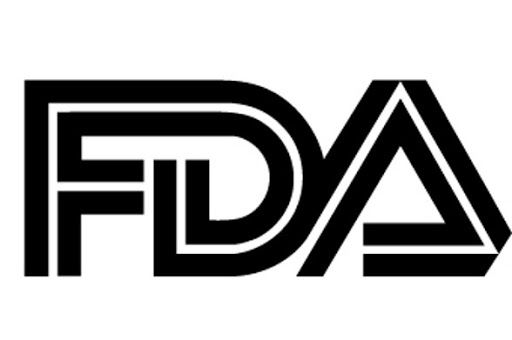Article
FDA Approves FF/UMEC/VI for Asthma Based on ERS Findings
Author(s):
The added indication makes the GSK single inhaler triple therapy the first of its kind approved for both asthma and COPD in the US.

The US Food and Drug Administration (FDA) has approved fluticasone furoate/umeclidinum/vilaterol (FF/UMEC/VI [Trelegy Ellipta]) for the treatment of asthma in adults aged 18 years and older.
With the indication, the GlaxoSmithKline once-daily single inhaler triple therapy becomes the first approved in the US for both asthma and chronic obstructive pulmonary disease (COPD).
The approved FF/UMEC/VI indication for both COPD and asthma is 100/62.5/25 mcg, with an additional strength dosage of 200/62.5/25 mcg for asthma alone.
According to GSK, the indication for maintenance treatment of asthma in adult patients associates with about 30% of eligible patients who still experience symptoms despite adherence to inhaled corticosteroids (ICS) plus long-acting beta agonist (LABA).
The FDA approval for the supplemental New Drug Application (sNDA) was based on data from the Clinical Study of Asthma Patients Receiving Triple Therapy Through A Single Inhaler (CAPTAIN) study, which was presented virtually during the European Respiratory Society (ERS) 2020 Congress this week.
The randomized, double-blind, active controlled, six-arm parallel group, global multi-center trial assessed 100/62.5/25 mcg, 200/62.5/25 mcg, 100/31.25/25 mcg, and 200/31.25/25 mcg FF/UMEC/VI versus dual therapy ICS/LABA (FF/VI 100/25 mcg and 200/25 mcg) once daily in patients with inadequately-controlled asthma despite maintenance therapy.
The most commonly observed adverse reactions among asthmatics treated with FF/UMEC/VI include nasopharyngitis, upper respiratory tract infection, bronchitis, viral respiratory tract infection, sinusitis, urinary tract infection, rhinitis, influenza, headache, and back pain.
In a statement accompanying the announced indication, Tonya Winders, President of the Global Allergy and Airways Patient Platform (GAAPP) noted the approximate 20 million adults with asthma in the US—many of whom are still burdened by ongoing symptoms despite adherence to prescribed therapy.
“We welcome the news that for appropriate patients, Trelegy Ellipta will now be available as a new treatment option,” Winders said.





